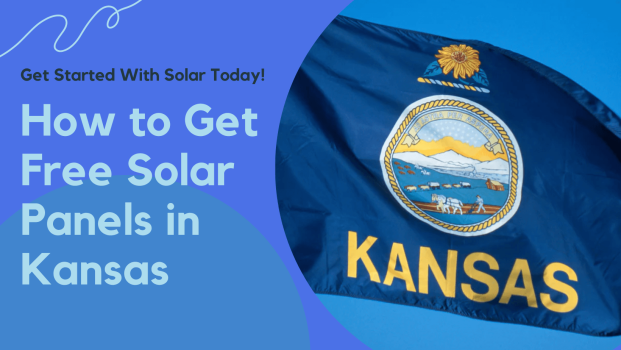In the sun-soaked plains of Kansas, the promise of “free” solar panels often gleams as brightly as the midday sun. However, as attractive as this proposition sounds, it carries with it a cloud of misunderstanding that requires dispelling. The term ‘free’ can be as elusive as the horizon on the prairie—what seems straightforward from a distance may, upon closer inspection, reveal complexities and conditions.
It is vital for Kansas residents to unravel the true meaning behind ‘free’ solar panels. Are they genuinely without cost, or is this sunlight-laced language masking the reality of financial commitments? This concept often refers to solar lease or power purchase agreements (PPA) where the upfront cost is reduced, but a closer look reveals long-term agreements and other considerations that may affect the total savings and benefits of solar power.
So, before you set your sights on harnessing Kansas’ abundant solar energy, let’s illuminate the facts together. By continuing to explore this topic, you’ll learn the ins and outs of solar installation savings, understand the financial frameworks at play, and evaluate the return on investment solar energy can truly offer. Your journey toward renewable energy should be as clear as the skies above the Sunflower State, so let’s embark on this enlightening path to demystify “free” solar panels and unlock the full spectrum of solar savings.
Are “Free Solar Panels” Really Free in Kansas?
When you hear the term “free solar panels,” it suggests that you can obtain solar panels for your home without making an initial investment. However, this can be misleading as it doesn’t mean that the solar panels are a gift with no financial obligations—quite the opposite. In reality, “free solar panels” is a term often used to describe solar leasing or Power Purchase Agreements (PPAs).
- Solar Lease: With a solar lease, you agree to have solar panels installed on your property at no initial cost. Instead of buying the system outright, you rent it from a solar company. You pay a fixed monthly rent for the use of the solar energy system. The lease agreement typically spans 20 to 25 years, during which the solar company is responsible for maintenance and repairs.
- Power Purchase Agreement (PPA): In a PPA, similar to a lease, there’s no upfront cost for the installation of the solar panels. Instead, you agree to purchase the electricity generated by these panels at a set rate per kilowatt-hour, which is often lower than the local utility’s rate. The PPA provider owns, operates, and maintains the solar panel system, and you benefit from the energy produced for a predetermined period, usually 20 to 25 years.
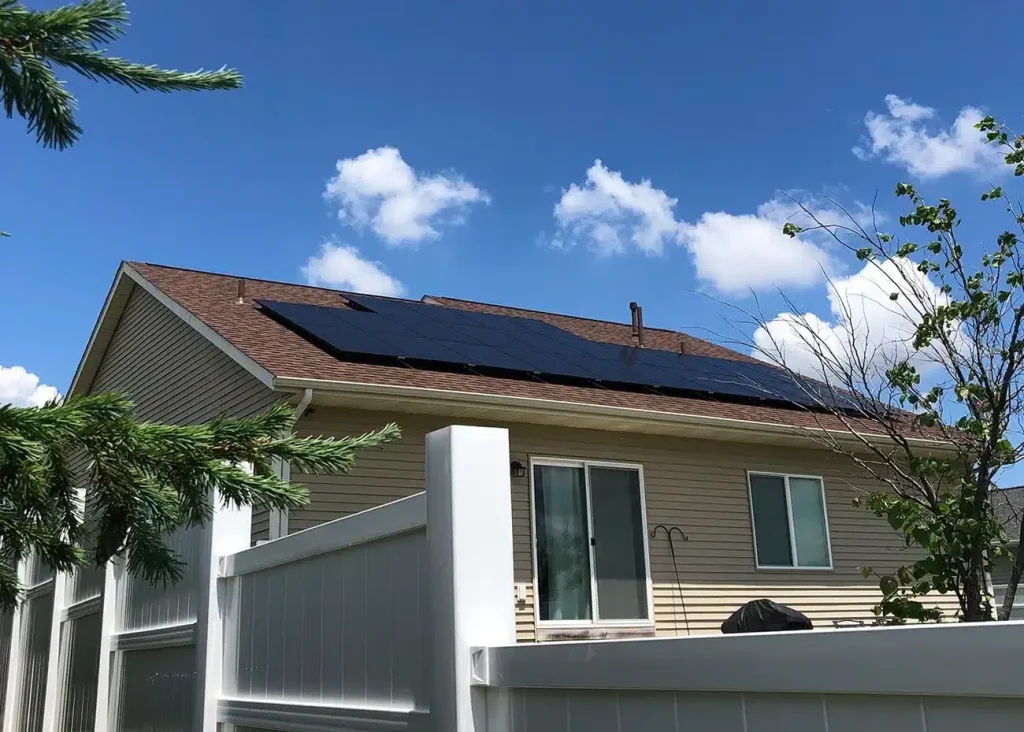
In Kansas, as in other states, these options can provide homeowners with a way to go solar without needing a lump sum of cash to purchase a system. However, because you don’t own the panels, there are potential downsides:
- You may not be eligible for solar incentives, rebates, or tax credits, as these often go to the system owner (the solar company).
- The long-term financial benefits are typically less than if you purchased the system outright since you continue to pay the leasing company for the duration of your agreement.
- The contract may include escalator clauses that could increase your payments over time.
It’s essential to understand the long-term commitment and financial implications involved with solar leases and PPAs. Ensure to read the fine print and consider how the agreement aligns with your financial and energy goals before deciding if a “free solar panels” deal is the best option for you in Kansas. Consulting with a trusted solar energy advisor or financial expert can provide clarity and help tailor the decision to your personal circumstances.
Solar Leases
Solar leases are a financial arrangement in which a homeowner rents their roof space to a solar company in exchange for the benefits of the energy the solar panels produce. Here’s a breakdown of how it works for Kansas homeowners:
How Solar Leases Work in Kansas
- Installation: A solar provider installs panels on your home at no upfront cost to you.
- Payment: You pay a fixed monthly fee to lease the equipment, often lower than your current electric bill.
- Energy Savings: You benefit from the electricity generated, which reduces your reliance on the grid and lowers your electric costs.
- Maintenance: The solar company is responsible for maintenance and repairs, which can add peace of mind.
- Duration: Solar leases typically last 20-25 years, after which you may have the option to extend the lease, purchase the system, or have it removed.
Benefits for Homeowners in Kansas
- No Upfront Costs: Solar leases eliminate the need for a large initial investment, making solar more accessible.
- Predictable Energy Costs: You have a consistent and generally low monthly payment, protecting you from rising energy prices.
- Maintenance-Free: The leasing company handles all repairs and maintenance, saving you time and hassle.
Drawbacks for Homeowners in Kansas
- Less Financial Benefit: While you save on your electric bill, you won’t benefit from state incentives, rebates, or federal tax credits as the leasing company retains ownership.
- Contract Length: Long lease terms can complicate selling your home if the new buyer is not interested in assuming the lease agreement.
- No Ownership: At the end of the lease, you own no asset and have to decide whether to renew, buy the system, or have it removed.
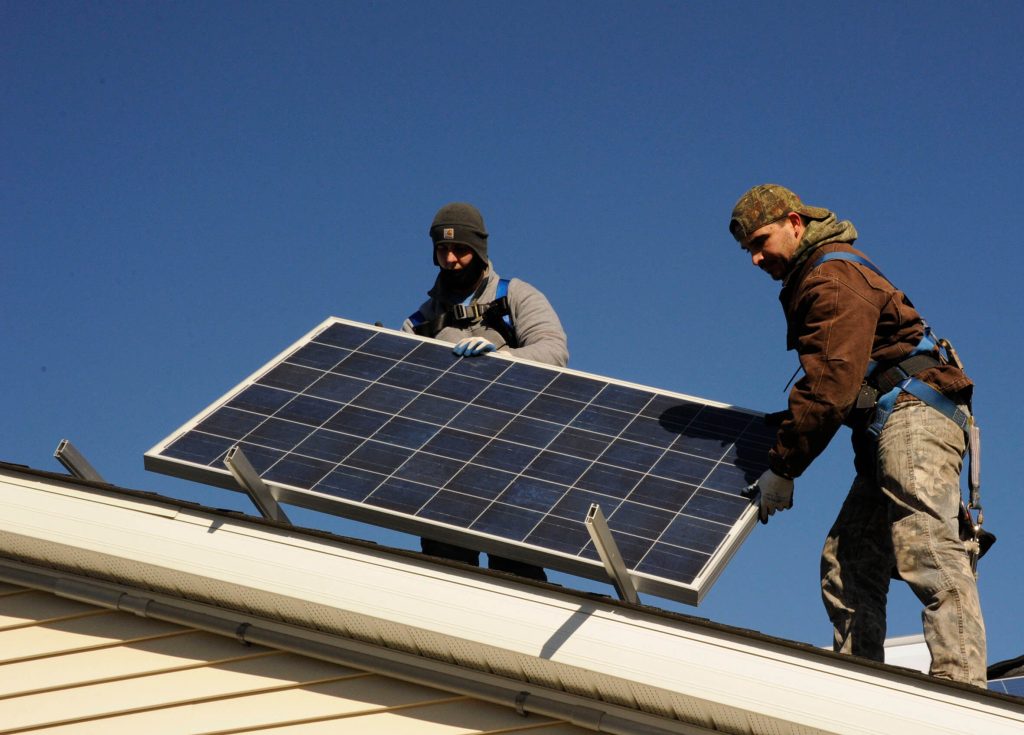
Long-Term Costs and Savings:
The long-term financial implications depend on various factors such as the terms of the lease, the cost of electricity in Kansas, and how much energy the solar panels produce. While your monthly lease payment is often lower than your current electric bill, it is essential to compare the total lease payments over time to the potential savings on your energy bills.
If you’re a Kansas homeowner considering a solar lease, here are a few tips:
- Understand Your Lease Terms: Pay close attention to the lease duration, monthly payments, escalator clauses (if any), and end-of-lease options.
- Evaluate Your Energy Usage: Determine if your energy savings will outweigh the cost of the lease over the long term.
- Consider Your Home Value: Solar leases can influence your home’s marketability, so consider potential buyers’ reception of the solar lease.
Conclusively, while solar leases can lower barriers to entry and deliver immediate savings with little responsibility for maintenance, they may not provide the same level of financial advantage as buying a system outright. Consult with a solar energy advisor or financial planner to examine how a solar lease aligns with your long-term financial goals.
PPA Agreements
Power Purchase Agreements (PPAs) are a financial arrangement in the context of solar energy where a third-party developer owns, operates, and maintains the solar panel system, while the homeowner agrees to have the system installed on their property and purchases the electricity it generates at a set price. This set price is often lower than the local utility’s electricity rate, offering potential savings on energy costs.
In Kansas, where sunshine is plentiful, a solar PPA can be especially attractive for homeowners who want to harness solar energy without the significant upfront costs of installing solar panels. Let’s explore the pros and cons of PPAs for Kansas homeowners:
Pros
- No or low upfront installation costs, making solar energy accessible without a significant initial investment.
- Ongoing maintenance and repairs are typically the responsibility of the PPA provider, reducing the homeowner’s responsibility for the system.
- Fixed electricity pricing can provide protection against rising energy costs.
- PPAs can potentially lower utility bills from day one with lower electricity rates provided in the agreement.
- Environmental benefits from using renewable energy sources contribute to a lower carbon footprint.

Cons
- Savings are usually less than if the homeowner purchased the system outright because the PPA provider retains the benefits of any available tax credits and incentives.
- A long-term contract is typically required, which may include escalator clauses that will increase prices over time.
- Transferring the PPA to a new homeowner can be complex if the property is sold before the end of the agreement.
- Homeowners have limited control over the equipment and typically cannot make modifications or upgrades to the system.
When considering PPAs compared to buying or leasing solar panels, here are some key differences:
Buying
- The homeowner owns the system outright.
- They can take advantage of any federal, state, or local incentives.
- The return on investment can be significant over time.
- They’re responsible for maintenance and repairs.
- Increased home value upon the installation of the system.
Leasing
- Similar to PPAs where the homeowner does not own the system.
- Monthly lease payments are made instead of paying for the electricity produced.
- Typically includes maintenance and repairs.
- Does not involve electricity rate locks or power purchasing.
For Kansas homeowners, a PPA might be the right choice if avoiding upfront costs and outsourcing maintenance responsibilities are top priorities. However, if owning the system and maximizing long-term financial returns are more important, buying the system outright could be the best option.
Leasing, on the other hand, provides a middle ground between PPAs and purchasing, with fixed costs but less financial benefit from incentives. Assessing individual financial situations, energy needs, and long-term homeownership plans is crucial in making the right choice.
Zero-down Solar Loans
Zero-down solar loans are an innovative financing option that allows Kansas homeowners to install solar panels without the large upfront investment typically associated with traditional purchasing methods. Simply put, a zero-down loan means that you can start your solar project without any initial payment. Instead, you repay the cost of the solar panels, along with interest and any fees, over a set loan term.
Here are some of the benefits associated with zero-down solar loans:
- No Upfront Costs: You can avoid the hefty initial investment and still enjoy the benefits of solar power from day one.
- Ownership Perks: Unlike leasing, you own the solar panels, which may increase the value of your home.
- Energy Savings: Solar panels can reduce or even eliminate your electricity bill, and these savings can be used to pay off the loan.
- Tax Benefits and Incentives: As the owner of the system, you’re eligible for any available tax credits, rebates, or incentives, including the federal solar tax credit.
- Fixed Payments: With a fixed-rate loan, your monthly payment is predictable and won’t increase over time.
However, it’s important to be aware of the potential risks:
- Long-Term Commitment: Solar loans typically range from 5 to 20 years, so you need to be sure you’re ready for that long-term financial responsibility.
- Interest Accumulation: Like any loan, you’ll pay interest, which adds to the overall cost of the system.
- Dependent on Energy Savings: The financial benefit hinges on the assumption that energy savings will cover loan payments, which could be affected by changes in energy costs or your usage.
- Credit Impact: Taking out a loan affects your credit. Ensure your financial situation can support additional debt.
- Potential for Negative Equity: If the market value of your solar system decreases, you might end up owing more on the loan than the system is worth.
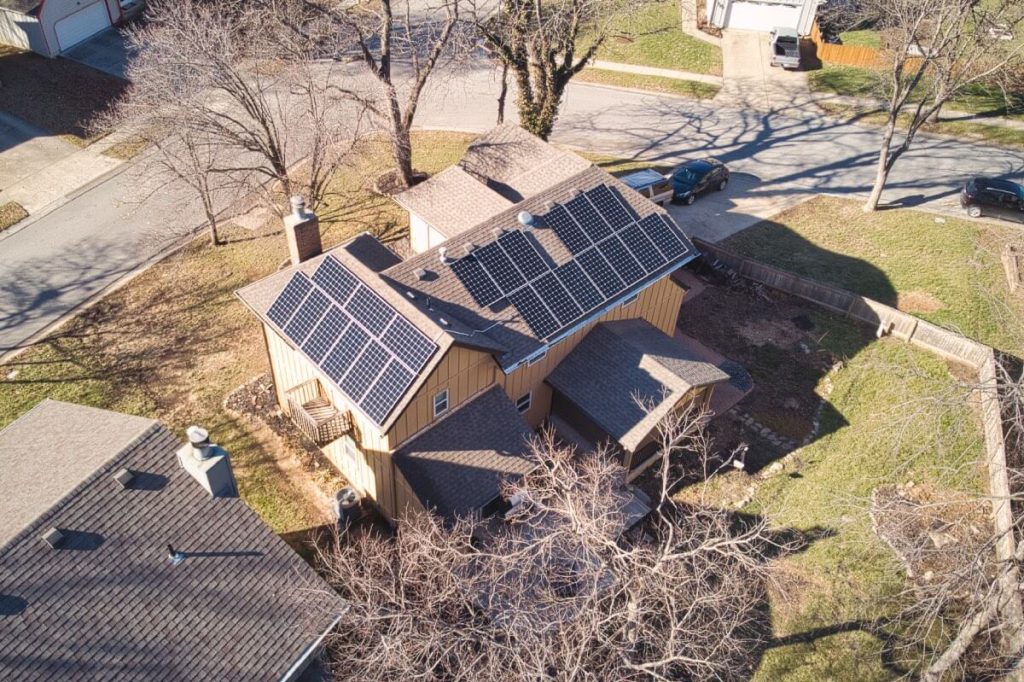
Choosing a zero-down solar loan in Kansas can be a smart move, but it’s crucial to weigh these benefits against the risks. Do your homework: research lenders, compare interest rates, and calculate the anticipated energy savings against the total loan repayment amount. Consulting with a solar energy expert or financial advisor would also be prudent to fully understand how such a loan fits into your long-term financial plan. Your goal is to make an informed decision that aligns with both your environmental values and financial security.
Can You Get Free Solar Panels From the Government?
No, the US government does not directly offer free solar panels to homeowners in Kansas or any other state. However, there are several government initiatives and programs which can significantly reduce the cost of installing solar panels through subsidies, tax credits, and other incentives.
One of the key initiatives available is the federal Investment Tax Credit (ITC), often referred to as the solar tax credit. This allows you to deduct a portion of your solar installation costs from your federal taxes.
Eligibility and Application Process for the Federal ITC
- The ITC applies to both residential and commercial systems and for both purchased and financed systems.
- The tax credit is currently worth 26% of your system’s cost if installed by December 31, 2022, but it’s scheduled to step down to 22% in 2023.
- To apply, you need to fill out IRS Form 5695 as part of your tax return; you’ll calculate the credit on this form and then enter the result on your 1040.
In Kansas specifically, while there may not be a state-specific program that subsidizes the entire cost of solar panels, there are policies that improve the economics of solar by reducing costs or providing additional incentives:
- Net Metering: In Kansas, net metering policies allow you to receive credit on your utility bills for excess energy that your solar panels generate and send back to the grid. This can dramatically improve the return on investment of your solar system.
- Property Tax Exemption: Kansas offers a property tax exemption for the added value to your home from the installation of a solar system. This means your property taxes won’t increase as a result of installing solar panels.
- Sales Tax Exemption: The state also has a sales tax exemption for the purchase of renewable energy systems, including solar panels, further lowering the upfront costs.
While these programs don’t make solar panels free, they do make solar more affordable. For a tailored recommendation and assistance with understanding these incentives, it’s recommended to consult with a local solar installer or a tax professional.
They can offer personalized information based on your specific situation, guide you through the application process for these incentives, and help maximize your savings when switching to solar. Remember that incentives can frequently change, so always check the most up-to-date information or consult experts for the latest details.
Kansas Solar Incentives, Tax Credits, and Rebates to Reduce the Upfront Cost
Solar incentives and rebates are financial support mechanisms designed to lower the initial investment costs for homeowners who choose to install solar panel systems. In Kansas, these incentives can take the form of tax credits, rebates, and exemptions that significantly reduce the upfront expenses and overall cost of going solar.
The benefits include savings on utility bills through policies like net metering, where excess energy produced by your solar panels is sold back to the power grid, and tax advantages like the Federal Solar Investment Tax Credit.
By taking advantage of these incentives, homeowners in Kansas can make solar installation more affordable and benefit from the long-term savings on energy costs.
Below is a table outlining key solar incentives available in Kansas:
| Incentive | Savings | Explanation | Type | Occurrence |
|---|---|---|---|---|
| Federal Solar Investment Tax Credit (ITC) | 26% of system costs | Credit on federal income taxes for a percentage of the solar system costs. | Tax Credit | One-time (phasing down) |
| Property Tax Exemption | Varies | Excludes the added value of a solar system from home valuation for property tax purposes. | Exemption | Ongoing |
| Local Utility Rebate Programs | Varies by provider | Rebates offered by some local utilities to reduce the installation costs of solar systems. | Rebate | One-time |
| Net Metering Policies | Varies | Allows homeowners to receive credits for excess energy their solar panels produce and send back to the grid. | Policy | Ongoing |
Note: The specifics of these programs, particularly the local utility rebates and net metering policies, can vary. It’s important for residents to check with their local utility providers and stay updated with the current policies and incentives. The Federal Solar Investment Tax Credit is subject to change based on federal energy policies.
Will “Free” Solar Panels Save You Money?
When we talk about ‘free’ solar panels, it generally refers to solar lease or power purchase agreements (PPAs), where the customer pays nothing upfront but agrees to purchase the power generated by the solar system at a set price, usually lower than the local utility rate.
In Kansas, the average cost of electricity is about 12.69 cents per kilowatt-hour (kWh) as of the end of 2022. With solar panels, homeowners can often lock in a lower rate for the solar energy they use, potentially leading to cost savings over time. However, it’s important to understand the specifics of the ‘free’ solar panel offer to determine the actual cost savings.
Let’s delve into a few key considerations:
Energy Production
Solar panels convert sunlight into electricity. In Kansas, with decent sun exposure, a home could significantly reduce reliance on grid electricity, especially in sunnier seasons.
Locked-in Utility Rate
The solar PPA typically offers a fixed price per kWh for the duration of the lease. This can provide a hedge against potential utility rate increases.
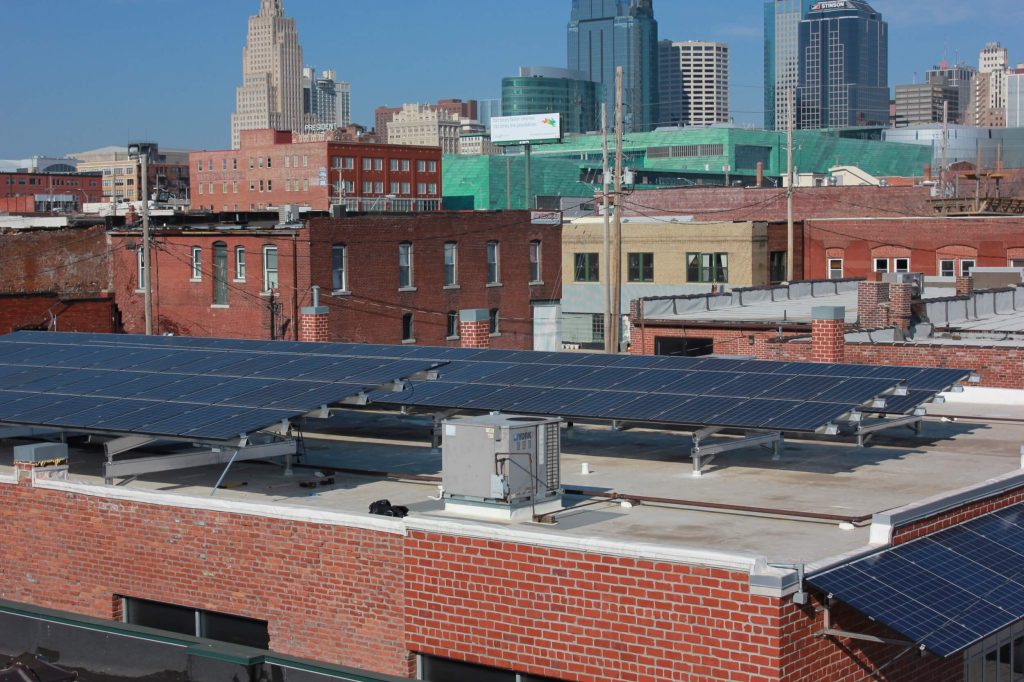
Solar Incentives
In Kansas, while there are no state-specific solar tax credits, homeowners can still capitalize on the Federal Solar Investment Tax Credit (ITC), which offers 30% off the system cost if they choose to purchase the system.
Maintenance and Upkeep
With a lease or PPA, maintenance and repairs are generally the responsibility of the solar provider, eliminating additional costs for the homeowner.
A comparison between ‘free’ solar panels under a PPA or lease and traditional electricity costs might look like this:
| Cost Factor | Traditional Electricity | Solar PPA/Lease |
|---|---|---|
| Initial Investment | $0 | $0 (Typically) |
| Rate per kWh | Variable with the utility company, ~12.69 cents/kWh (as of end of 2022) | Fixed for the term of the lease/PPA, could be lower than utility rates |
| Maintenance Costs | Varies | Generally covered by the solar company |
| Potential Incentives | None | Federal ITC (if purchased) |
The financial viability of ‘free’ solar panels for homeowners in Kansas largely depends on the specific terms of the lease or PPA, the home’s electricity usage, and future utility price trends. However, it is quite plausible for these arrangements to result in overall savings compared to traditional electricity costs, especially if utility rates rise.
Before making a decision, it is crucial to carefully read the lease or PPA terms, consider the length of the agreement, understand potential savings, and think about the implications of having such an agreement when selling the home since it may need to be transferred to the new owner. Consulting a financial advisor or an experienced solar installation company can provide personalized insights into how ‘free’ solar panels may impact your financial situation in Kansas.
The Hidden Costs of “Free” Solar Panels
When you come across ‘free’ solar panel offers in Kansas, it’s crucial to approach them with a healthy degree of skepticism and due diligence. Here are some hidden or unexpected costs that you might encounter:
- Maintenance and Repair Costs: Even if the initial installation is free, maintaining and repairing solar panels can lead to expenses over time. While solar panels typically have long lifespans, they can still be damaged by weather or wear and tear.
- Increase in Property Taxes: Although solar panel installations can increase home value, they may also lead to an increase in property taxes. Check with your local tax assessor to understand the potential tax implications.
- System Performance: ‘Free’ offers may come with less efficient solar panels, which may not provide the same energy savings as paid options, potentially affecting long-term financial benefits.
- Financing Agreements: Some offers are contingent upon entering into a Power Purchase Agreement (PPA) or leasing arrangement, where you pay for the electricity generated but do not own the panels. These contracts can be complex, with varying rates and terms over time, potentially costing more in the long run.
- Insurance Costs: Additional insurance may be required to cover the solar panel system, resulting in higher premiums.
From a long-term financial perspective, while the upfront savings can be appealing, homeowners need to account for the total cost of ownership when considering ‘free’ solar panel installations. It’s possible that over the lifespan of the solar panels, the costs associated with maintenance, repairs, and financing could outweigh the savings on your utility bills. Carefully read any contracts and ask for a full disclosure of potential costs and savings estimates.
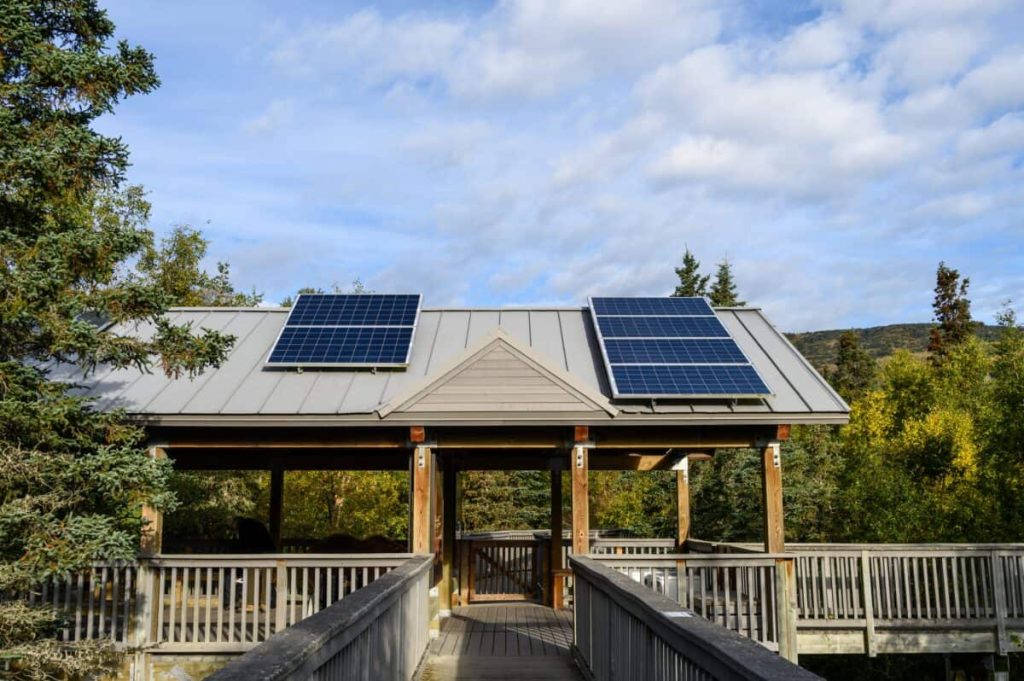
It’s always a good idea to consult with a solar energy consultant or a financial advisor who can help you navigate the specifics of solar investments and understand the implications for your personal situation. Educating yourself and planning for these potential costs can help ensure that going solar is a financially sound decision in the long term.
How to Choose The Best Solar Company in Kansas
Selecting a solar installer in Kansas is a significant decision that can lead to substantial energy savings and increased home value. Homeowners should perform diligent research before committing to an installer. Here are vital factors to guide you through the selection process:
- Installer Experience and Certifications: Work with a company that has a strong track record of solar installations in Kansas. Verify certifications such as the North American Board of Certified Energy Practitioners (NABCEP), which signals professional knowledge and expertise. Experienced installers will better understand local regulations and climate considerations.
- Customer Reviews and Reputation: Research the installer’s reputation through customer reviews and testimonials. Look for feedback on installation quality, customer service, and overall satisfaction. This real-world insight can help gauge reliability and professionalism.
- Warranty Offerings: Check the warranties offered by the solar installer. Comprehensive warranties for equipment, performance, and workmanship provide peace of mind and help protect your investment over time.
- Local Knowledge and Presence: A company familiar with Kansas’ specific regulatory and climatic conditions is crucial. They should be able to navigate local permitting processes and design systems that withstand Kansas weather patterns.
- Financial Options and Incentives: Examine available financial options, such as leasing, loans, and purchasing. An excellent solar installer can inform you about federal tax credits, local incentives, and rebates to reduce overall costs.
- Equipment Quality and Options: High-quality solar equipment can ensure optimal energy production and long-term reliability. Look for installers that offer various options to fit your home’s needs and budget.
- Post-Installation Support: Finally, consider the level of post-installation support offered. A company that provides regular maintenance, system monitoring, and responsive customer service will ensure your solar system’s longevity and efficiency.
Taking the time to assess these considerations will equip you with the knowledge to choose a reputable solar installer that meets your unique needs in Kansas. Remember that a reliable installer is not just about the immediate service but also about ongoing support for the continued performance of your solar system.
Important Solar Installation Factors to Consider in Kansas
When installing solar panels in Kansas, several critical factors come into play that can impact the feasibility, efficiency, and effectiveness of your solar energy system. Considering these factors carefully will ensure you make an informed decision that suits your energy needs and financial goals.
First off, let’s discuss the climate conditions of Kansas. Kansas generally receives ample sunlight, which is great news for solar energy enthusiasts. However, it is also known for its extreme weather, including high winds and hail. Therefore, it’s essential to:
- Choose high-quality solar panels that can withstand the extreme weather.
- Install a mounting system that can endure strong winds to prevent damage.
State regulations and incentives are also vital considerations. Kansas has policies that support the adoption of solar energy, including:
Net metering, which allows you to sell excess power back to the grid.
Property Assessed Clean Energy (PACE) financing, which can help with the upfront costs.
However, it’s crucial to double-check local zoning laws and regulations as they can influence where and how you install your panels.
Now, onto property assessments. Before installation, it’s important to evaluate:
- The condition of your roof to ensure it can support solar panels.
- The orientation and tilt of your roof for optimal sun exposure.
- Potential shading from trees or nearby structures that might reduce efficiency.
- The electrical infrastructure of your home to confirm compatibility.
Engaging a professional for a home energy audit can provide personalized insights and recommendations.
By pondering over these factors and seeking expert advice, you’ll be in a strong position to make a smart investment in solar technology for your Kansas home. Remember, while the upfront costs may seem substantial, the long-term energy savings and positive impact on the environment can be truly rewarding.
The Bottom Line: Understanding “Free” Solar Panels in the State of Kansas
When you hear about ‘free’ solar panels in Kansas, it’s essential to understand what this really means and how it can impact you as a homeowner. Let’s break down the realities, benefits, and considerations.
The notion of ‘free’ solar panels typically refers to solar lease agreements or power purchase agreements (PPAs), where you don’t pay for the solar panel system itself but rather for the electricity it produces. These agreements can be appealing as they often require no upfront costs and can offer lower energy rates than your utility company.
- Realities: The ‘free’ solar panels are not really free; the installer retains ownership and you pay for the power generated. You might not get incentives like tax rebates since you don’t own the system, and your agreement could include escalation clauses that increase costs over time.
- Benefits: You can potentially reduce your monthly electricity bill and decrease your carbon footprint without making a hefty investment. Maintenance and repairs are usually covered by the installer, providing peace of mind.
- Considerations for Homeowners: It’s crucial to read the fine print and understand long-term commitments. Look out for the length of the lease, buyout options, and terms for moving or selling your home. Ensure that you are comfortable with the installer’s reputation and the projected savings align with your expectations.
Remember that while leasing can be advantageous for some, purchasing solar panels can offer greater financial benefits in the long term through ownership, increased property value, and full access to government incentives. Ultimately, you should consider your financial situation, energy needs, and personal preferences before deciding on ‘free’ solar panels in Kansas.

